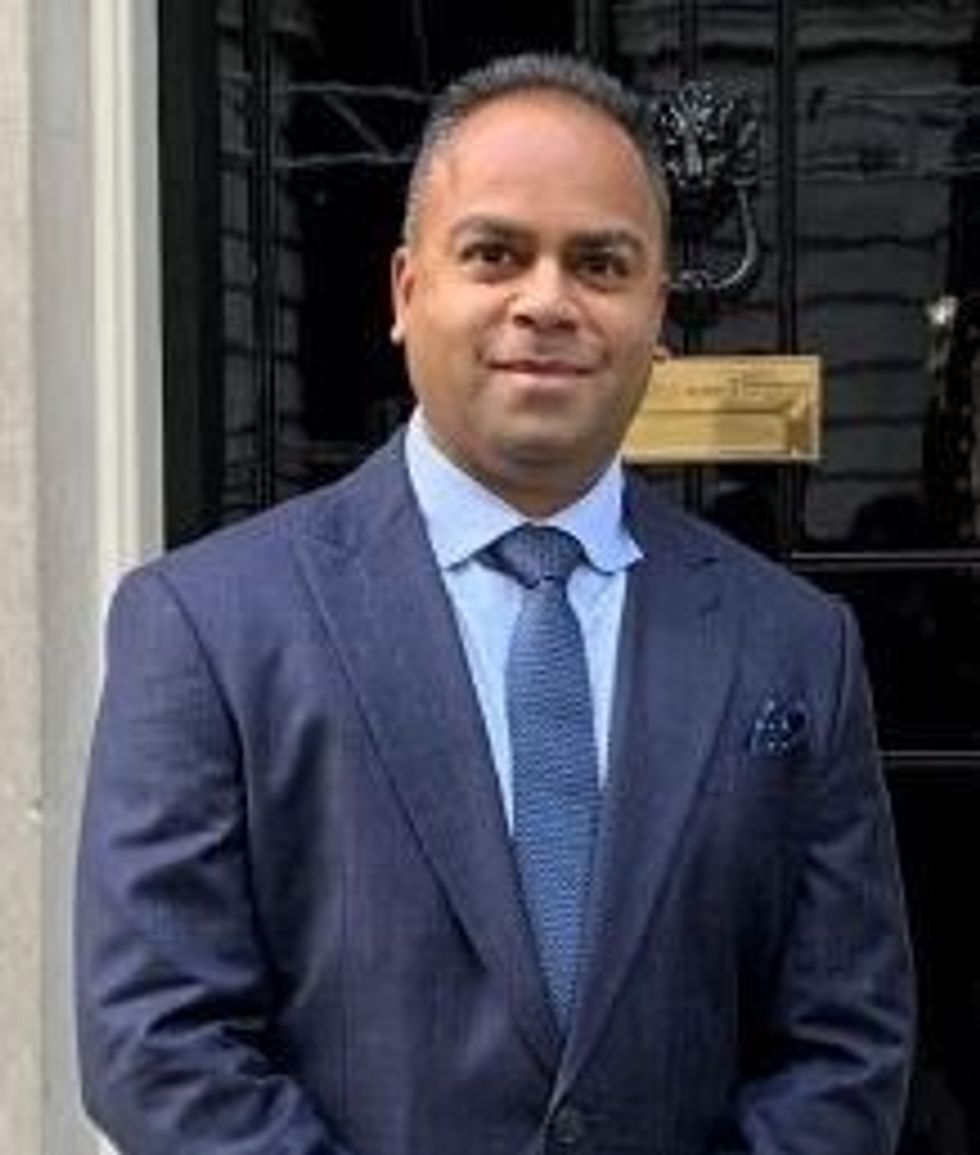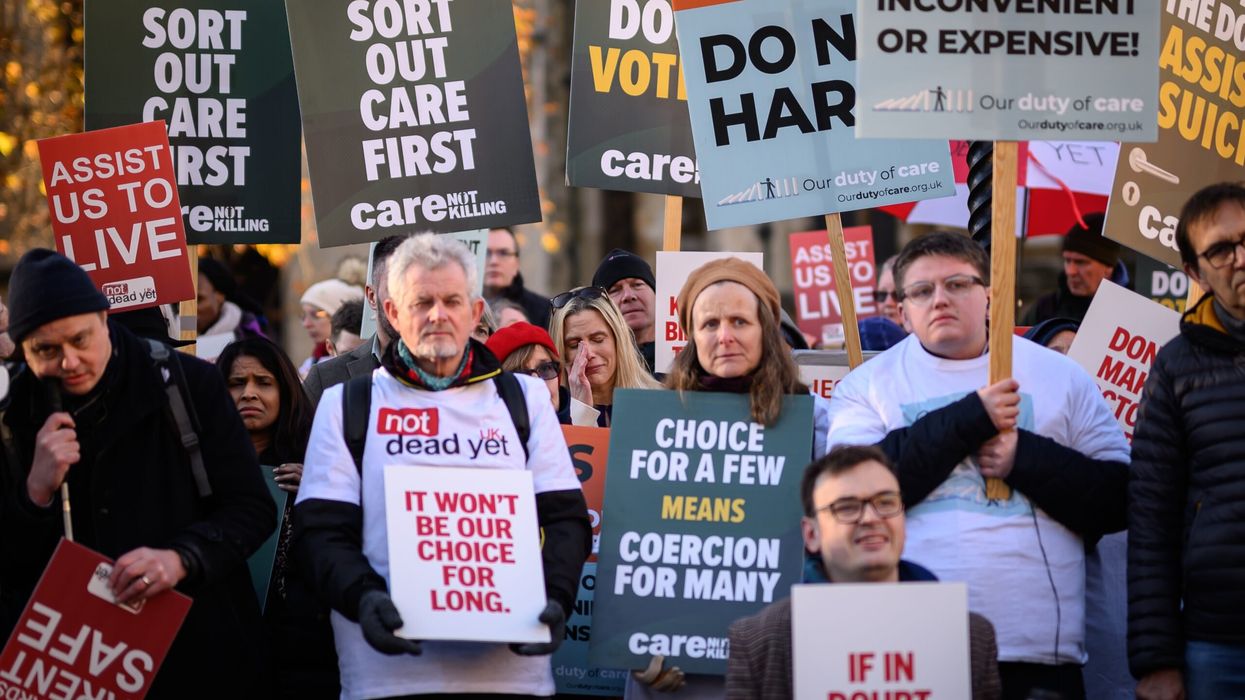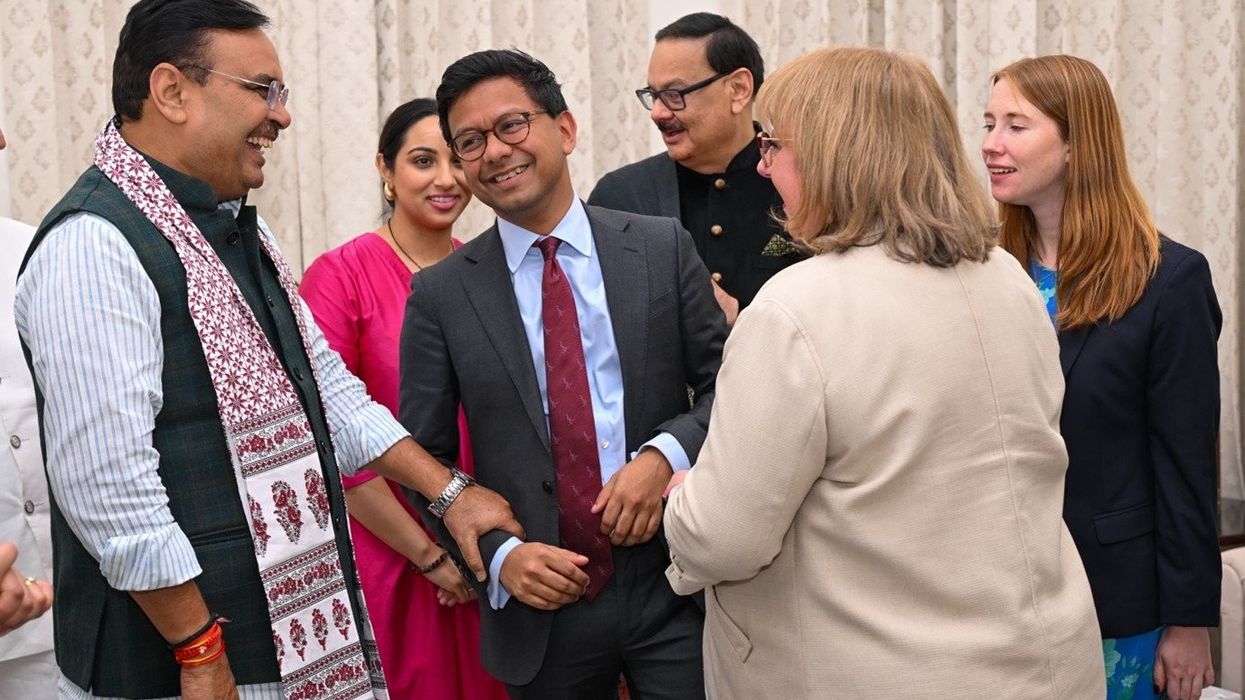EVERYBODY knows it. There are simply not enough houses to go round.
Population growth over the past few decades and glacial rates of building mean demand far outstrips supply. Rising interest rates have compounded this and mean affordability for many, and especially young people, is at an all-time low and all political parties are experiencing demands for housebuilding policies.
With one fifth of the UK’s population aged 25 to 39 years old and finding it increasingly difficult to buy a home, it is clear the housing problem is a political one.
Young people are now buying houses later and later, if at all. The average age of a first-time buyer today is 37, up on 29 just over a decade ago, while half of 35-44-yearolds had a mortgage in 2017, compared to two thirds 20 previously.
Not coincidentally, the only group more likely to vote Tory than Labour in recent polls have been pensioners.
Targeting younger voters is an important part of any election campaign – but particularly for the Conservatives. Millennials are now the largest group in our population, yet only 21 per cent of them say they would vote Conservative. Once considered the party of ambition and aspiration, they are now typically seen by young people as a safeguard for older generations with assets they won’t ever be able to own.
So not only is housing a problem for the Conservatives as the party of government, but it is one for the future of the party, too. It, therefore, needs to prioritise housing above almost anything else, to secure its own electoral fortunes and to serve the population.
Fortunately, there are solutions. The Conservative Party Conference, held in Manchester this week, saw the prime minister, Rishi Sunak, bring parliamentarians, supporters, business and industry leaders together to showcase the best policies his party has to offer before the next general election.

Rethinking our planning system is a fundamental step.
Too often it serves as a block to more housing and an issue of contention between developers, voters and parties. It is in the government’s gift to make quality and affordable housing available to all, and to explore new ways of building new and improving existing spaces.
Attempts to loosen planning laws were defeated in the Lords, but the prime minister must not lose heart: the demand for innovative solutions is clear and it is not going anywhere.
Urging the sector to come together should also be a key part of the prime minister’s work to tackle the housing crisis.
From councils and planners to developers and estate agents, we all have a part to play in getting young people in the UK back into houses they can own.
Building new homes isn’t the only way to address supply-side housing issues. At Westcombe, we specialise in restoring historic buildings that have fallen into disrepair by repurposing them into future-proof homes that meet the demands of today and tomorrow. So far, we’ve converted old schools, hospitals and army barracks into hundreds of homes for people and families across the UK.
The planning system needs to make this work easier.
I’m a passionate advocate for adopting a more holistic approach to increasing and improving the UK’s housing stock, and the Conservative Party should consider these approaches too, leaving no stone unturned.
We have plenty of options and people ready to help. The prime minister should put into practice his dedication to solving the crisis that faces our society. Only then can he recover the fortunes not only of his party, but also the whole country.




















‘More new homes urgently needed as demand soars’
With one fifth of the UK's population aged 25 to 39 years old and finding it increasingly difficult to buy a home, it is clear the housing problem is a political one